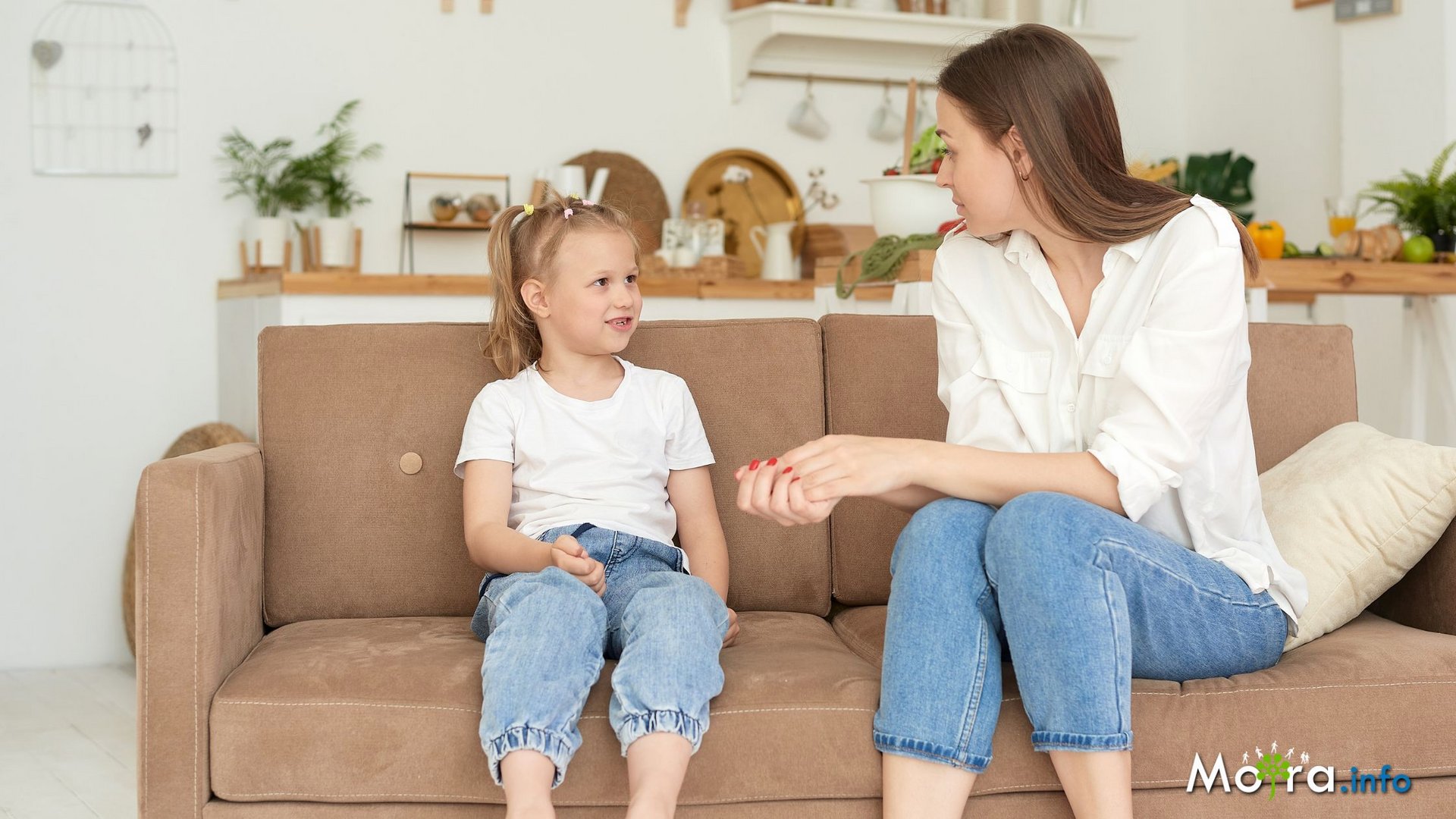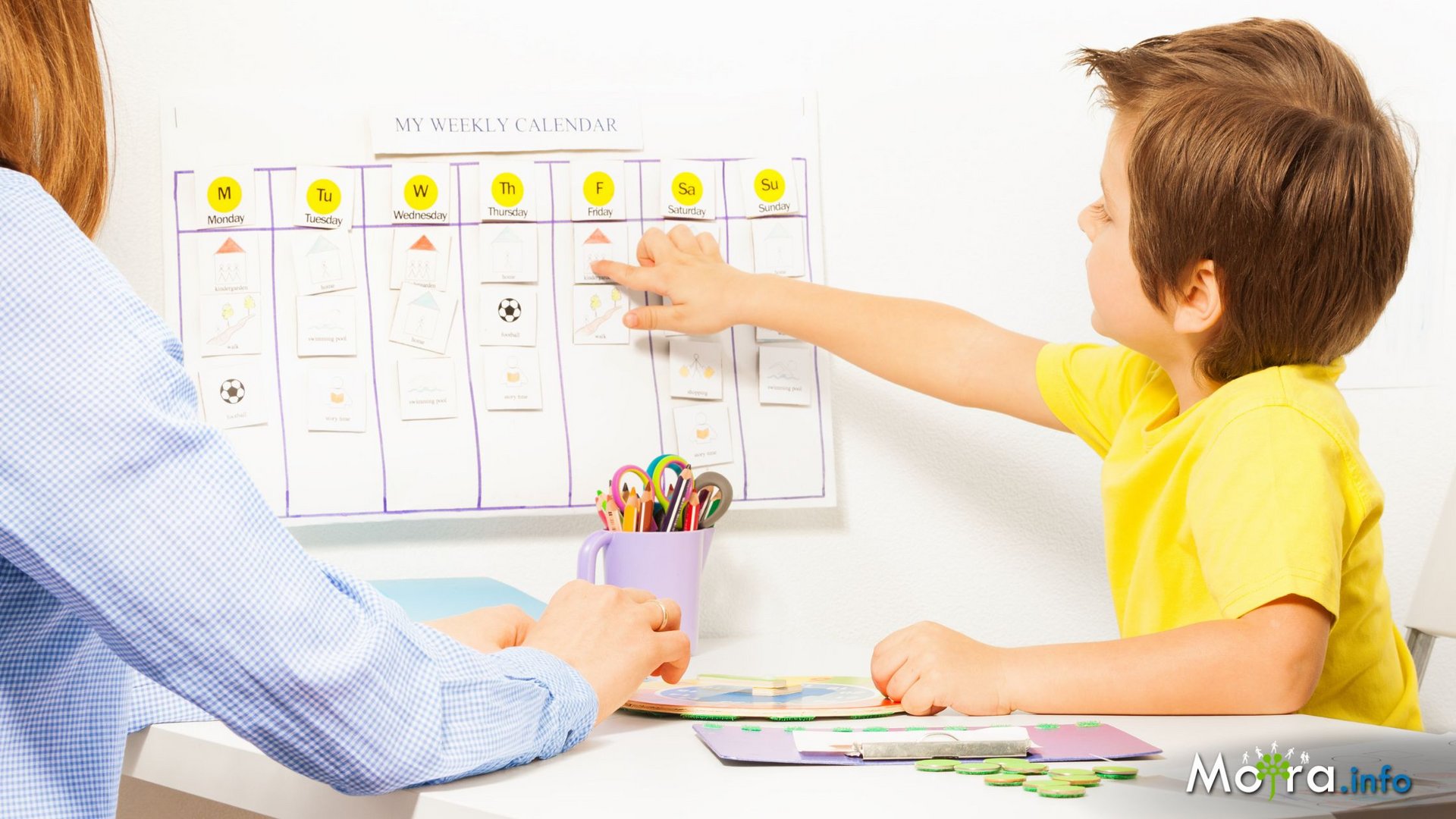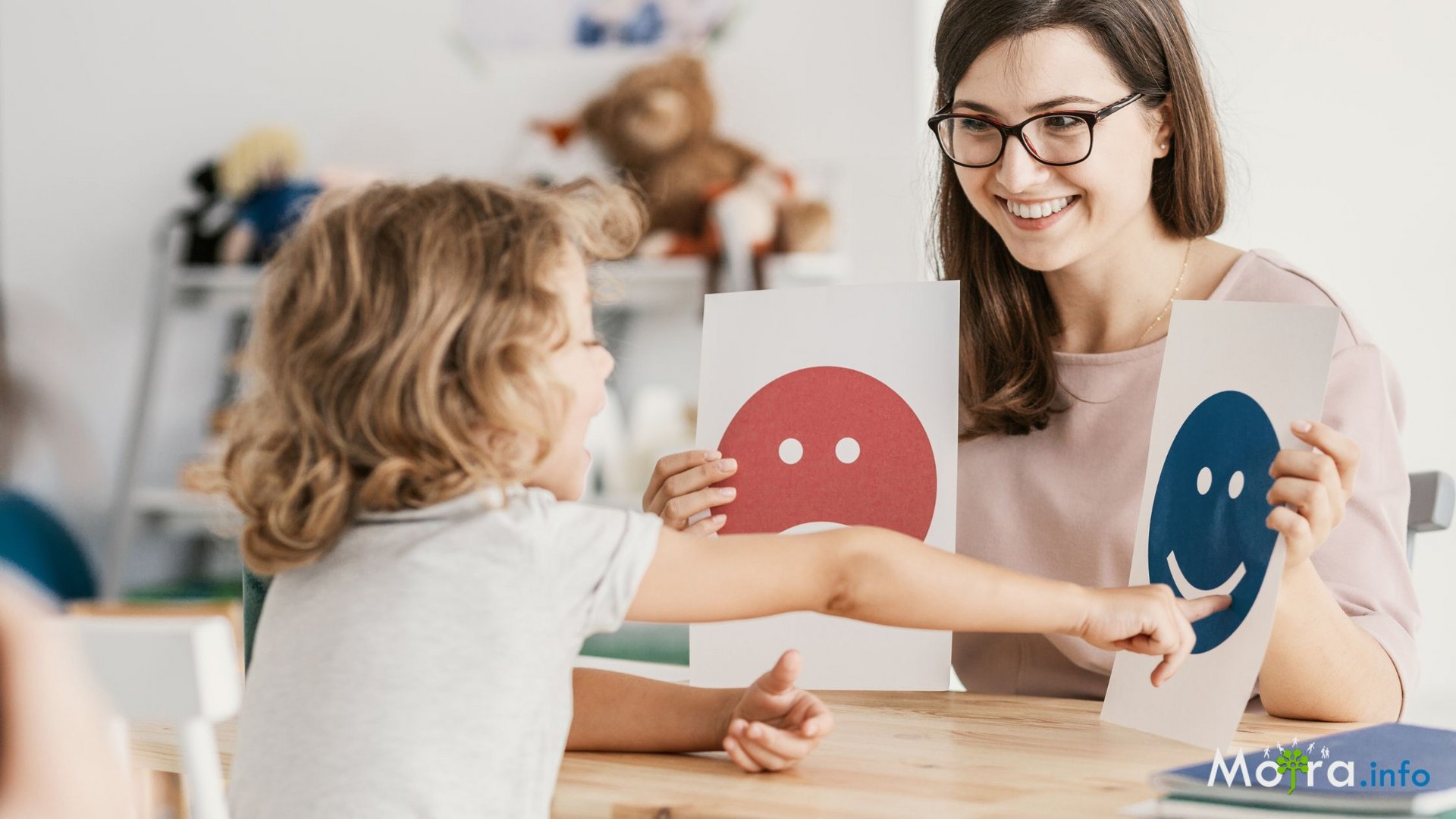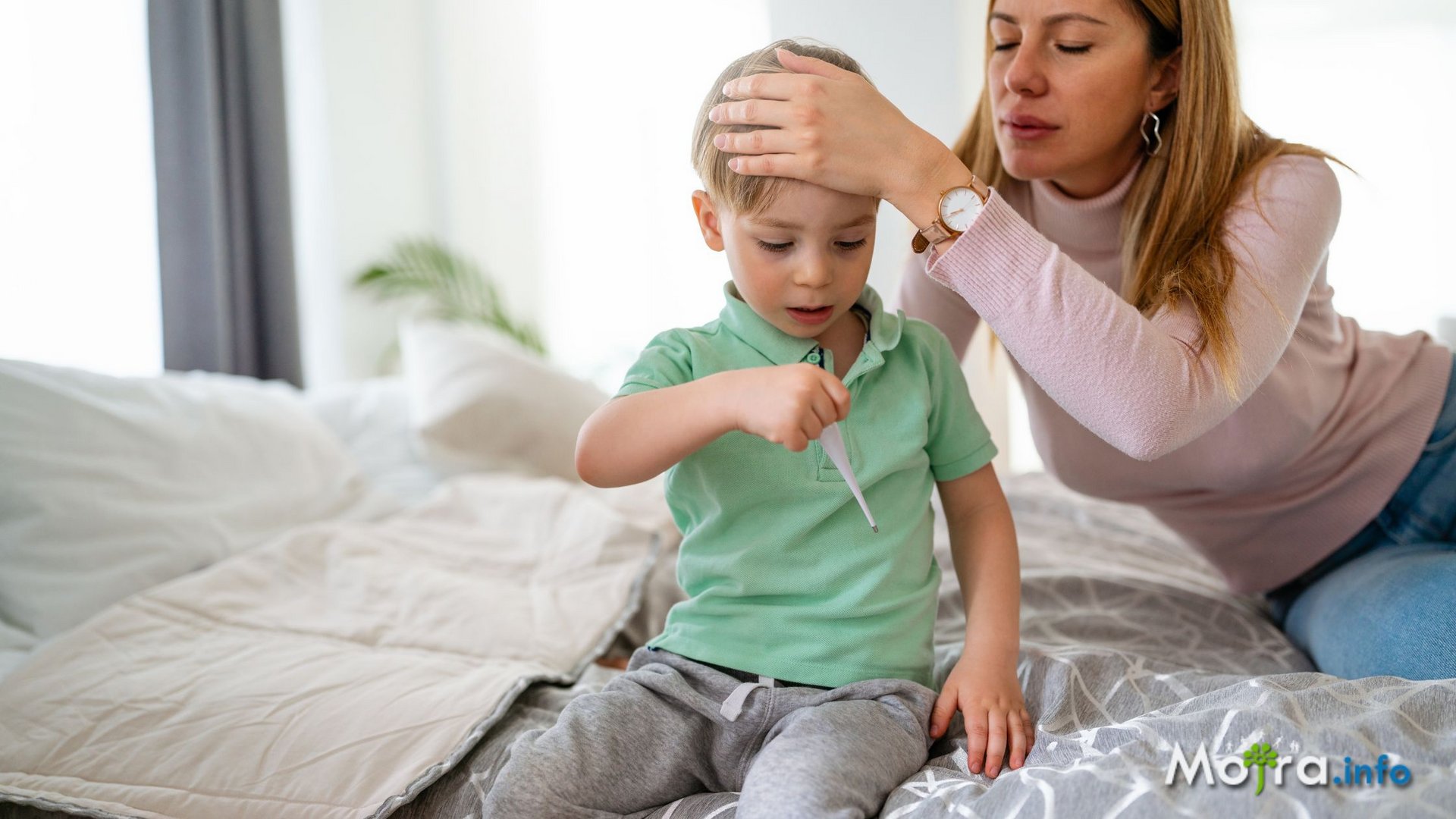Author: Psychological Counseling Center | Tips for Parents on How to Talk to Children About Sex
Sex and sexuality are topics that are taboo in most societies. Talking to children about sex can be challenging for parents, but it's an important conversation to have. When and how is the best time to start discussing sex and sexuality with your children?
Communication is Key
One of the most important aspects in this area is communication. Open and honest communication about sex can help children develop a healthy attitude towards sexuality and relationships. If you are a parent, it's crucial to be prepared for these conversations and tailor them to your child's needs and level of understanding.
Communication should be age-appropriate. For young children, use simple and clear terms. Even small children can learn about things like the names of their body parts, consent, and the importance of respecting personal boundaries. As a child grows and develops, the amount of information should gradually increase. Talking with children about sex and sexuality is definitely important, as it helps them understand their bodies, relationships, and how to behave safely in this area.
How to Approach Conversations with Your Children
- Be open and honest – Children can sense if you feel embarrassed or uncomfortable, so try to be as open and honest as possible with your child. Answer their questions directly and in an age-appropriate manner.
- Use appropriate language – There is no need to use technical terms for sexual organs if your child is not comfortable with them. It's okay to use nicknames or slang that you both understand and are comfortable with.
- Empathy and listening – Let your child know you are there for them and always listen without judgment. Try to understand their perspective and respond to their concerns.
- Be a good role model – Children learn primarily by observing adults in their lives, so it's important to demonstrate a healthy approach to sexuality. Speak respectfully about others and their bodies and be honest in your own relationships.
What to Focus On During Conversations
- Anatomy and biology – The most important area is anatomy and biology. Children should have at least basic knowledge about how their bodies work, including their sexual organs and the reproductive system. This should be adapted to the child's age.
- Healthy relationships – Teach your children about what constitutes a healthy relationship, including physical, emotional, and sexual boundaries.
- Safety – Safety is paramount. Children should know how to protect themselves from sexual abuse and predators. It's important to teach them that they have the right to say no.
- Sexuality and identity - Children should be able to explore their sexuality and identity without fear of judgment. They need to know you accept and support their sexual orientation or gender identity. No matter what your child says or does, it’s crucial they know you love and accept them for who they are.
What to Avoid During Conversations?
Avoid hiding or lying about these topics. Do not provide inaccurate or misleading information, or embellish too much. This can confuse the child and undermine your mutual trust.
Avoid frightening children or speaking about sex in a negative sense, and don't go into too much detail unnecessarily. There is no need to elaborate on sexually transmitted diseases or unwanted pregnancies without providing a broader context. If your child asks about these topics, don’t downplay or ridicule their questions. They might become afraid that the topic is taboo and lose trust in you.
Discussing sex and sexuality with your children is not a one-time event. It is an ongoing conversation that should grow with them. It is a challenging topic, and there is no universal approach that works for all children and families. The most important thing is open and honest communication, tailored to the age and individual needs of your child.
Trust is Key
Building trust between parents and children is very important. If a child feels comfortable talking to their parents about sex, they are more likely to come to them with questions or issues that trouble them. Parents should create an open and supportive environment where children know that their opinions and feelings matter. Such an environment helps build trust and allows children to feel safe and accepted, which is crucial for their emotional and psychological development. Parents should also be ready to listen without prejudice and respond sensitively so children know they can always rely on them.
Educating Children in This Area
Teaching responsibility is an important aspect of educating children about sexuality. Open conversation helps children understand that sex is a natural part of life and comes with great responsibility. Parents should discuss safe sex, contraception, and the prevention of sexually transmitted diseases (for older children), as these topics are important for their health and well-being. Such conversations not only inform but also prepare children for responsible and safe decision-making in the future. Emphasis should also be placed on preventing the spread of misinformation, which is crucial for children's proper development.
If parents do not provide accurate information, children may seek information elsewhere, often from unreliable or inaccurate sources. Therefore, it is important for children to receive accurate and substantiated information directly from their parents or trusted individuals. This approach ensures that children will correctly understand these topics and avoid misinformation that could negatively affect their opinions and decisions.
Respect for One's Own Body and Self-Worth
Discussing physical health and sexuality can significantly contribute to the development of a positive relationship between children and their bodies. This way, children learn not only to appreciate their bodies but also to respect their personal boundaries. At the same time, it helps them understand and respect the boundaries of others, which is important for their overall development and social interactions with others.
Preventing Abuse
Educating children about consent and personal boundaries is fundamental because it can significantly contribute to preventing abuse and violence. Children learn to recognize and protect their rights and safety. It is important for children to understand that they have the right and the duty to say “no” in situations that make them feel uncomfortable or threatened. This approach teaches children to protect themselves and gain the confidence needed to uphold their boundaries while respecting the boundaries of others.
Remember, you are not alone in this. There are many resources to help you talk with your children about sex and sexuality. There are also many books that can help facilitate healthy conversations with children about sexuality, such as those by Jaroslava Koníčková. Don't be afraid to ask for help if you need it.




























Enter your comment.